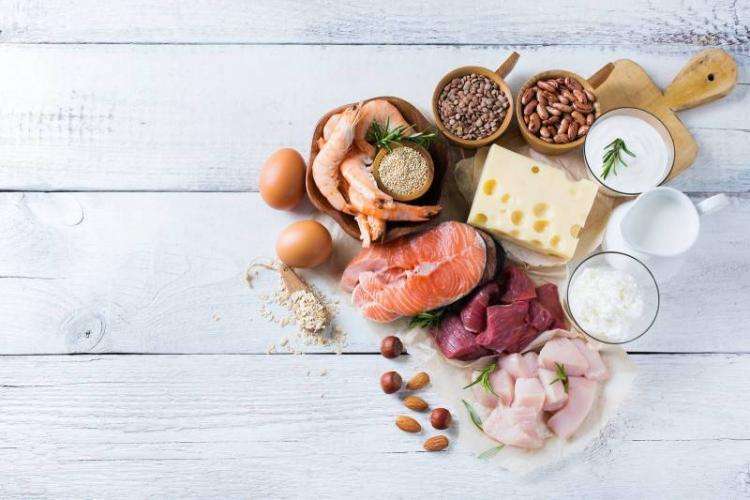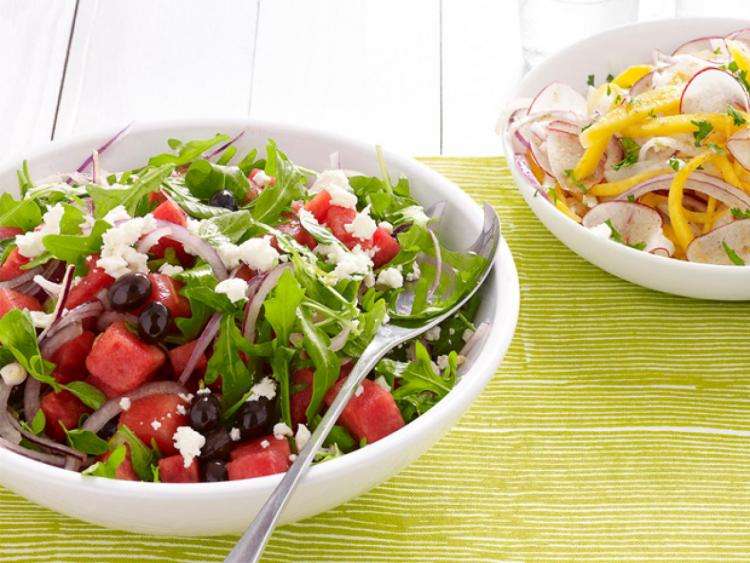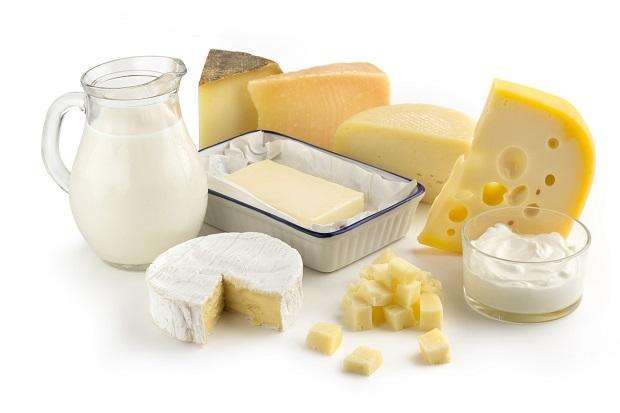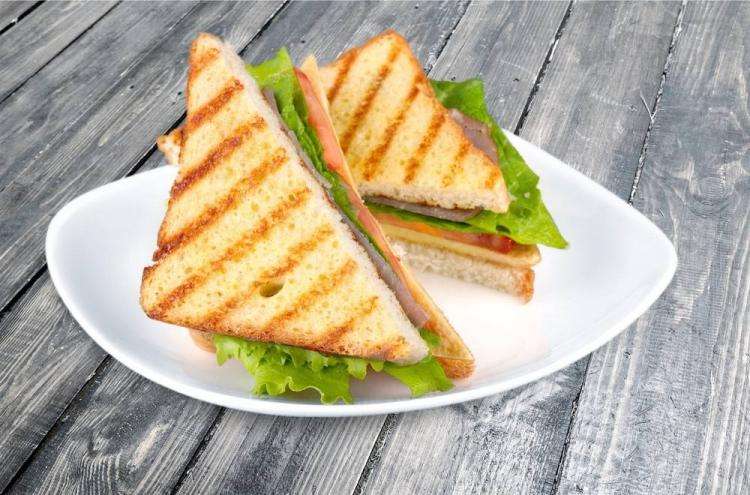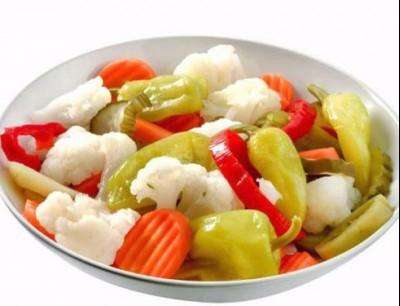Your Guide To a Healthy Suhoor During Ramadan

Suhoor is as important as Iftar during Ramadan; it gives you energy and helps you get through the long day of fasting, particularly in the summer.
Opting for nutrient-rich foods during Suhoor is essential for maintaining optimal health and vitality during the fasting period. As a bride-to-be, prioritizing a healthy Suhoor not only supports weight management goals but also contributes to glowing skin and overall wellness, ensuring you feel your best leading up to your wedding day.
Selecting the right foods for Suhoor can help sustain energy levels and prevent feelings of hunger and fatigue during the fasting hours. Incorporating complex carbohydrates such as whole grains, fruits, and vegetables can provide a steady release of energy throughout the day, keeping you feeling fuller for longer. Hydration is also key, so be sure to include plenty of water and hydrating foods like fruits and vegetables to prevent dehydration during the fast.
When planning your Suhoor as a bride-to-be, aim for a balanced meal that includes a variety of food groups to ensure you receive essential nutrients. Incorporating foods rich in vitamins, minerals, and antioxidants can support skin health and promote a radiant complexion, helping you look and feel your best on your wedding day.
By making informed choices and prioritizing nourishing foods for Suhoor, you can support your health and well-being throughout Ramadan while preparing for your special day.
Proteins
Proteins are great to have for Suhoor, as they help keep you full during the day. Boiled eggs or fava beans with tomatoes and olive oil (foul) are a good choice.
Don't forget to have your favorite juice as well, to help you stay hydrated.
Vegetables and Fruits
Many people forget to have fruits or vegetables during Suhoor, but fruits or vegetables have a lot of water and will make you feel less thirsty during the day.
A great choice is a bowl of oatmeal with some dried fruits to help you feel full for longer.
Dairy
Calcium is great in keeping your body healthy and maintain your weight.
Cheeses and milk are a great option for Suhoor, just make sure you avoid salty cheeses.
Light Sandwiches
A light sandwich is a great option for Suhoor, with a glass of milk or juice, it will make a balanced suhoor.
Pickles, Spices, and Fatty Foods
Avoid having pickles, spicy foods, or fatty foods, as they will make you feel thirsty the next day.
Don't eat lots of sweets, as well, as they will only make you feel lazy the next day.
Healthy Food Options
Here are some examples of healthy food options you can have during Ramadan, especially during Suhoor:
- Oats: Oats can be eaten with milk or with yogurt, and oatmeal porridge can be eaten as a source of whole oat grains and liquids as well, because it is prepared with water or milk, and fresh or dried fruits, nuts, and seeds can be added.
- Cereals: Breakfast cereals provide a lot of fiber and are usually fortified with vitamins and minerals, and thus they increase the nutritional value. Fluids and nutrients, such as calcium, iodine, and B vitamins can also be obtained from milk.
- Yogurt: Yogurt is a good choice to eat at the suhoor meal, as it is a good source of some nutrients such as protein, calcium, iodine, B vitamins, and fluids, and it can be eaten with grains and fruits.

